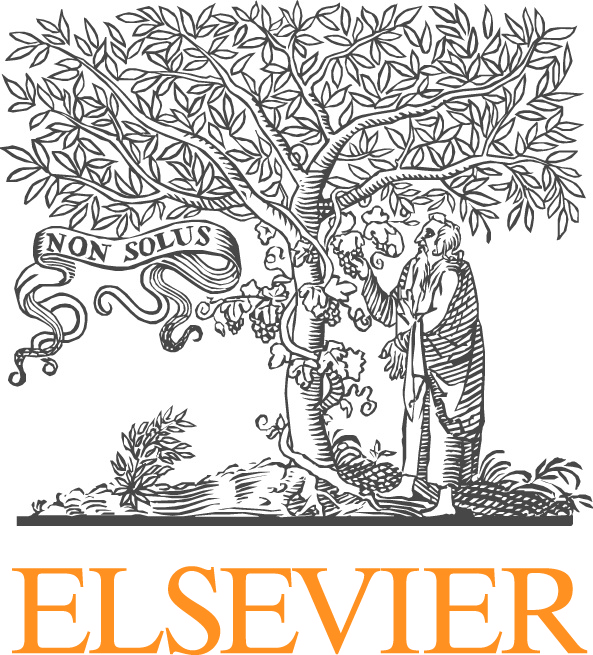Dr. Wing Kam Liu, Northwestern
Dr. George Karniadakis, Brown University
Dr. Zeliang Liu, LSTC
Dr. C.T. Wu, LSTC
As in all everyday applications, in engineering problems, the volume of data has increased substantially compared to even a decade ago but analyzing big data is expensive and time-consuming. Data-driven methods, which have been enabled in the past decade by the availability of sensors, data storage, and computational resources, are taking center stage across many disciplines (physical and information) of science.We now have highly scalable solutions for problems in object detection and recognition, machine translation, text-to-speech conversion, recommender systems, and information retrieval. All of these solutions attain state-of-the-art performance when trained with large amounts of data. However, purely data-driven approaches for machine learning present difficulties when the data is scarceand of variable fidelityrelative to the complexity of the system.
An open problem in data-driven methods for mechanical science is the efficient and accurate description of heterogeneous material behavior that strongly depends on complex microstructure. To explore the future development and the adaptation of data-driven methods, new mathematical and computational paradigms and broad flexible frameworks are needed, which can lead to probabilistic predictions using the minimum amount of information that can be processed expeditiously and be sufficiently accurate for decision making under uncertainty. Integrating multi-fidelity datainto large-scale simulations is necessary to speed up the computation but also to deal with the “hidden physics” not captured by the lack of resolution or the lack of proper constitutive laws or boundary conditions.
This one-day short course will introduce participants to the latest efforts to expand this frontier:
|
Time |
Lecturer |
Topics |
|
7:30 – 8:30 AM |
Registration (Continental Breakfast if budget allows) |
|
|
8:30 – 9:20 AM |
Wing Kam Liu |
Introduction to mechanistic data-driven methods for mechanical science and mechanics of materials: difficulties in purely data-driven approaches for machine learning and some possible remedies |
|
9:20 – 10:10 AM |
Wing Kam Liu |
Machine learning data-driven discretization methods and applications: self-consistent clustering analysis (SCA), SCA**n and its variations |
|
10:10 – 10:30 AM |
Coffee Break |
|
|
10:30 – 11:20 AM |
Wing Kam Liu |
Machine learning data-driven discretization methods and applications: applications to nano-polymer composites, polymer matrix composites, additive manufactured alloys, bio-mechanics on scoliosis |
|
11:20 – 12:10 AM |
George Karniadakis |
Physics-informed neural networks |
|
12:10 – 1:00 PM |
Lunch |
|
|
1:00 – 1:50 PM |
George Karniadakis |
Multi-fidelity Gaussian processes for modeling |
|
1:50 – 2:20 PM |
Zeliang Liu |
Overview of direct numerical simulation techniques for virtual material testing |
|
2:20 – 3:10 PM |
Zeliang Liu |
Progresses in deep material network and materials design |
|
3:10 – 3:30 PM |
Coffee Break |
|
|
3:30 – 4:20 PM |
C.T. Wu, Zeliang Liu |
Current LS-DYNA packages in multiscale material modeling |
|
4:20 – 5:10 PM |
C.T. Wu |
Current industrial techniques for material failure and multiscale analysis. |
|
5:10 – 5:30 PM |
C.T. Wu |
Summary and future work |







